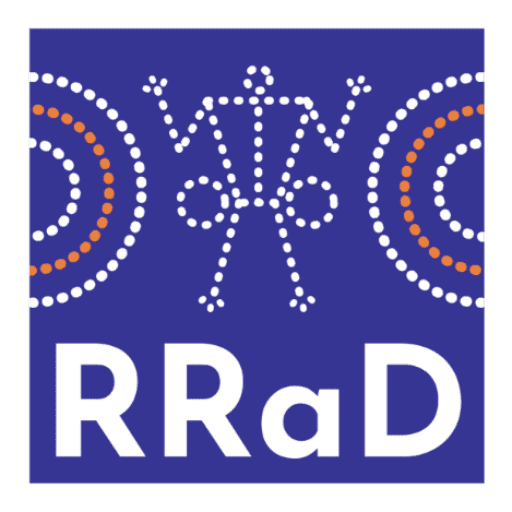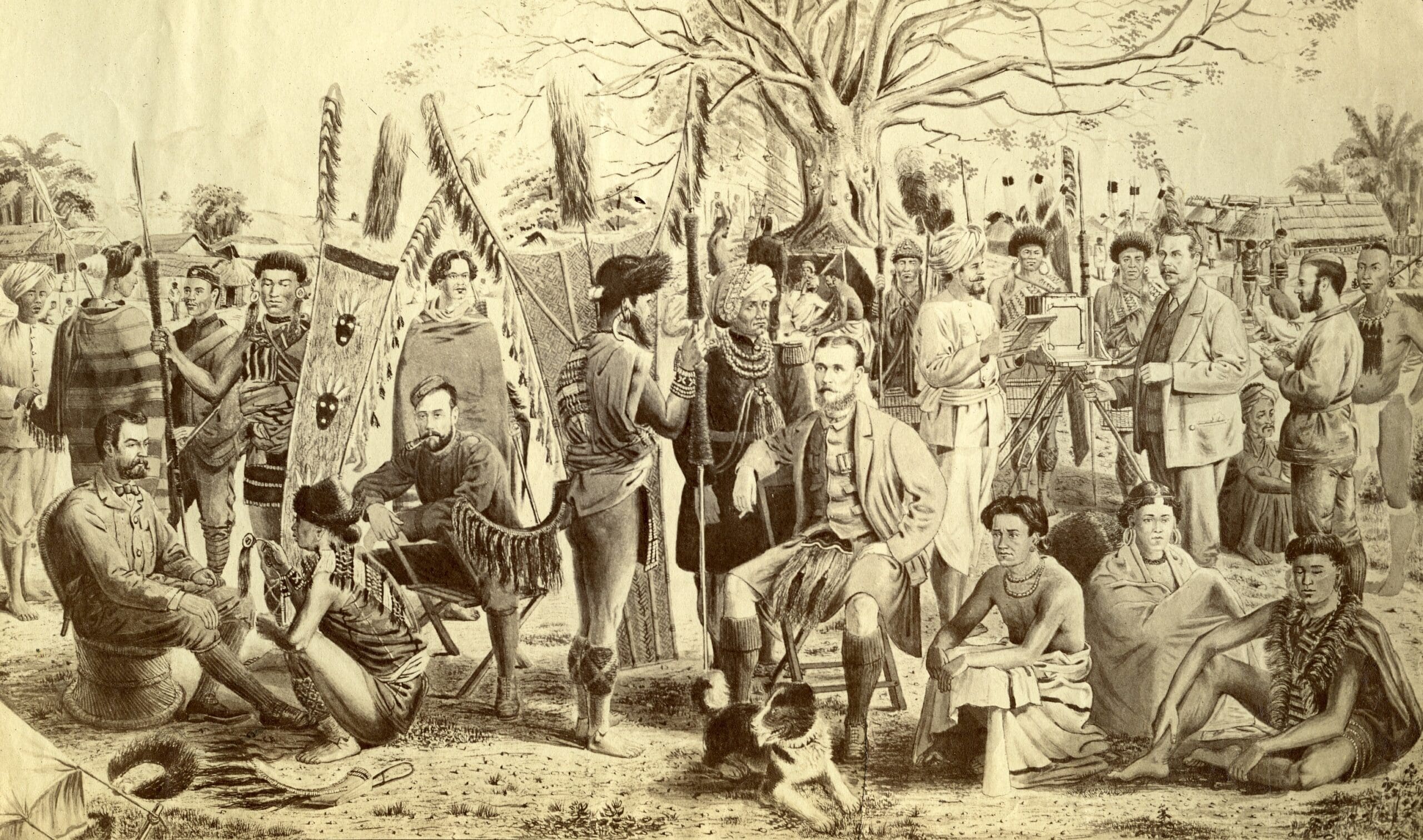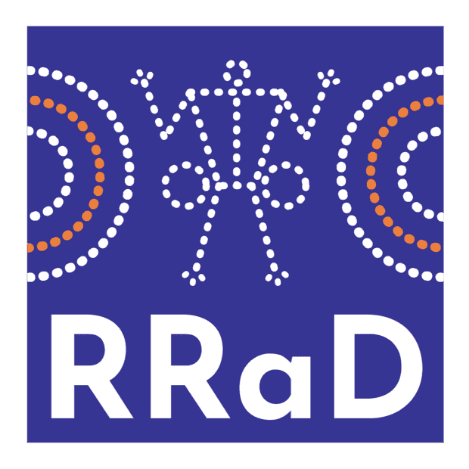The Pitt Rivers Museum (PRM) was described as “one of the most violent spaces in Oxford” in a 2015 tweet by the student-led protest movement Rhodes Must Fall for housing “thousands of artefacts stolen from colonized peoples throughout the world.” Many museums are indeed one of the symbols rooted in colonization and are what Lothar Baumgarten called “the Preserve of Colonialism.” In his Discourse on Colonialism, AiméCésaire points out that, “Museums are only possible when one culture systematically steals the creations of others.” Such museums, in turn, became symbols to represent ideas of victor’s justice, might is right and survival of the fittest, and ultimately the keepers of colonial knowledge of the cultural other.
The Pitt Rivers Museum has made a paradigm shift and is Committed to Change steered by its Strategic Plan that seeks “understanding our pasts, imagining our future” based on a vision “to inspire and share knowledge and understanding … about humanity’s many ways of knowing, being, creating and coping in our interconnected worlds …” The Strategic Plan’s guiding principles includes the PRM “being part of a process of redress, social healing and the mending of historically difficult relationships through collaborations …,” and “listening and learning from our stake holders and audiences” while “inspiring creativity in all its many forms.” This process implies that PRM’s shift embraces more thandecolonisation and healing, as it is serving to open democratic spaces and relationships.
For such process to be translated into meaningful action, PRM acknowledges, “For those who have heritage or roots in regions of the world that suffered the violence of Empire, the Pitt Rivers Museum can be a very difficult and hurtful place to be.” It further adds, “Too often stories have been silenced, perspectives erased.” PRM’s Committed to Change statement says, “Addressing colonial, racist and otherwise derogatory language on labels and/or in database description, doing provenance research into the manner in which objects were taken (eg., by the use of military violence or coercion) and, where requested, taking objects off display or enabling the return of objects to originating communities are all integral to that process.” It asserts that “Undoing this coloniality is integral to the work the Museum does today.” From afar, the paradigm shift being made by PRM seemstransformative and offers Radical Hope. It will be essential for PRM to demonstrate this hope into concrete praxis with utmost accountability.
So, what does this mean for the Nagas? The PRM possesses the largest Naga collection in the world with approximately 6,459 cultural artefacts and 214 ancestral human remains. Due to the Forum for Naga Reconciliation’s (FNR) long standing work on healing and reconciliation, the PRM has reached out to the forum. The FNR has been urged “to explore and facilitate a process of dialogue, research, and consultation within Naga society regarding the care and/or return of Naga ancestral human remains that are in the Museum’s care but are well documented to have been taken as part of military violence and without due consent or involvement of affected communities.”
How do Nagas respond to this invitation to dialogue with the possibility to repatriate Naga ancestral remains that have been exhibited in museums for more than a century?A majority of Naga people are unaware that ancestral remains had been on display in European museums and are learning about this information for the first time. For Jodi Simkin, in Creating a New Reality: Repatriation, Reconciliation and Moving Forward, she explores “Repatriation in terms of a broader historical movement towards decolonization and reconciliation by and with Indigenous Peoples, the relationship between museums and First Peoples.” She asserts that many First Peoples across Canada view“reconciliation primarily in terms of seeing their ancestors returned home. Until this has been accomplished in good faith across all sectors, true, meaningful, and lasting reconciliation will remain elusive.” A discerning dialogue process among Nagas is critical.
For Naga people, the question of repatriation is the beginning of a long and challenging process to identify and address the impact of colonialisation on Naga people, to create safe spaces for truth-telling that leads to a praxis of healing and mending broken relationships. It is to take ownership to enable democratic spaces for cooperation and dialogue among the present generation of Nagas and initiate a cycle of healing and restoration from the colonial violence. Eventually, the act of repatriation will need to be a dignified means of honoring our ancestors, and an act of trust and goodwill towards decolonization and reconciliation. Indeed, the PRM and the Naga people can be equal partners in the “co-production of knowledge – connecting people and reconnecting people with things” in a manner that is decolonising and upholds a shared humanity.
First published in The Morung Express on August 28 2022
Link: https://www.morungexpress.com/repatriation-an-action-towards-reconciliation



